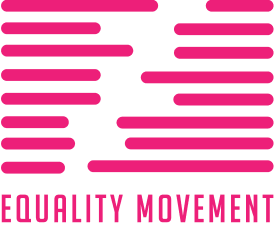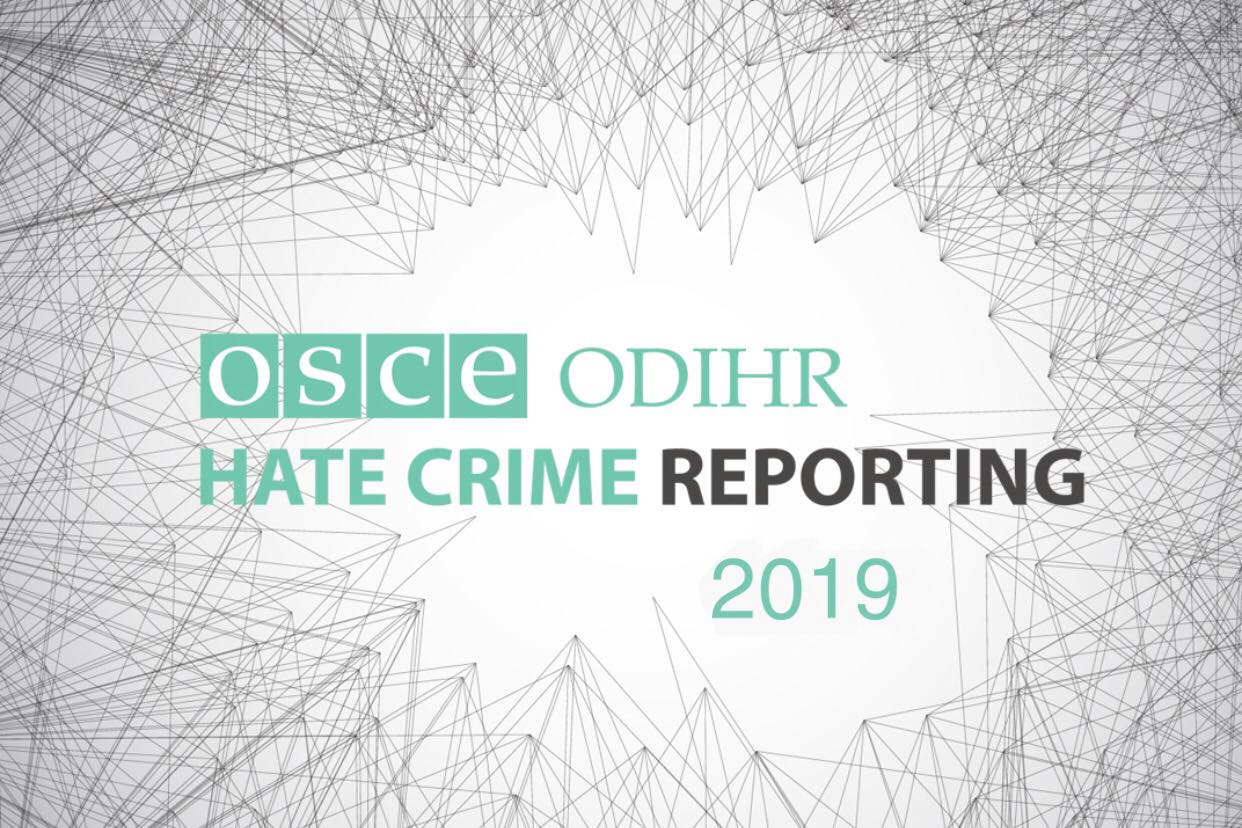Georgia regularly reports hate crime data to ODIHR. Georgia’s Criminal Code includes general and specific penalty enhancement provisions for hate crimes, as well as substantive offenses. Georgia’s data do not report cases of discrimination and persecution separately.
The data published today show that in many countries there are mechanisms in place to record and collect comprehensive data on hate crimes. However, a large number do not provide police and prosecutors with the tools and knowledge they need to recognize, record, and effectively investigate such crimes. This frequently deprives hate crime victims of the opportunity to access much-needed specialist support. ODIHR’s hate crime dataset is the largest of its kind worldwide and gathers together information both from official and civil society sources. A total of 39 OSCE states reported official hate crime data to ODIHR for 2019, including 25 states that provided figures classified by bias motivation. The dataset includes a record number of 3,207 statistical and 3,757 descriptive hate crime incidents reported by civil society, which translates into a minimum of 4,621 hate crime victims.
In 2019, the Human Rights Division of the General Prosecutor’s Office studied hate-motivated and gender-based discrimination crimes. According to the analysis of the criminal cases studied, the quality and effectiveness of measures carried out by specialized prosecutors to detect the bias motive in such criminal cases have increased. As a result, in 2019 two discriminatory motives (Gender and religious intolerance, sexual orientation and gender identity, and race and ethnicity) were identified simultaneously in resolutions by prosecutors.
Selected prosecutors and investigators of the prosecution service have undergone an intensive retraining course to strengthen their capacity to deal with hate crimes. This specialization of prosecutors and investigators of the prosecution service has continued in 2019 and has covered all territorial units of the prosecution service. At the end of 2019, there were 71 specialized prosecutors and investigators of the prosecution service dealing with hate crimes.
On 19 February 2019, a memorandum of mutual co-operation was signed between the Ministry of Internal Affairs and ODIHR. On the basis of this agreement, a specific hate crime investigation training program – based on ODIHR’s Training Against Hate Crime for Law Enforcement (TAHCLE) program – was launched by the Ministry.
Within the frame of a Council of Europe project, in 2019 the Ministry conducted research aimed at studying hate crime victim satisfaction at the investigation stage. In agreement with the Department, the research focused on representatives of religious minorities and the LGBTI community.
წყარო: OSCE ODIHR


 ვებ-გვერდი შექმნილია RFSU-ს ფინანსური მხარდაჭერით.
ვებ-გვერდი შექმნილია RFSU-ს ფინანსური მხარდაჭერით.

